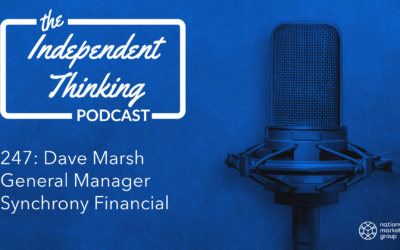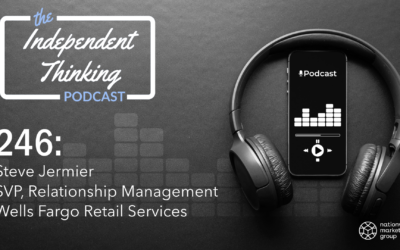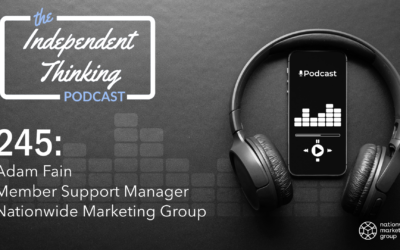When we look at the diverse forces that have shaped appliance sales over the past two years, they follow Economics 101. People that spend more time at home and use their appliances more often have driven up demand for replacement appliances. Temporary plant closures, logistics challenges and chip shortages have reduced the supply of appliances. When you have growing demand and constrained supply, prices go up and incentives to drive sales go down. This is a great recipe for profitability!
Now, let us look at how the economic forces apply to appliance service. As appliance usage has gone up, so has appliance failures and the demand for appliance repair services. Retirements and other more lucrative trades have reduced the number of appliance technicians. The shortage is quite alarming with an estimated gap of about 30,000 appliance technicians across the U.S. The service companies I talk to are regularly booked out two weeks but have not been successful at attracting sufficient technicians to eliminate the backlog.
With such a demand versus supply gap in appliance service, it would seem like a great time to be in the appliance service business with record profits for every good servicer. The expectation is that service rates would increase and that would accomplish two things:
- Increase appliance tech compensation so more young people decide to join this trade.
- More customers will decide to replace their old product rather than fix it.
What is actually happening is quite different. Appliance tech compensation is increasing sharply but large entrants into the appliance service space like Asurion are driving that increase and they are taking technicians away from our Members. There is a lack of appliance tech training programs in local markets. In fact, SkillsUSA, a non-profit organization with a mission of expanding 103 different trades programs in high schools and junior colleges across the country, has only attracted a dozen schools to offer a residential and commercial appliance tech program.
Many servicers have raised rates in 2021 but that has not resulted in any reduction in demand for repair services. Further, the increased tech compensation has not resulted in a greater supply of appliance technicians. This is not likely to correct itself anytime soon due to the lack of training facilities and the time required to get trained.
The important question is whether appliance servicers are making strong profits now as demand for appliance service continues to greatly exceed supply. Sadly, the answer is no. Recent rate increases are being eaten up by increased wages, higher insurance rates, higher vehicle fuel costs and maintenance. Additionally, the rate increase only applies to COD service calls and not to manufacturers’ warranty claims or extended warranty claims. The rates for the latter two types of service calls are contractual with a manufacturer and would need to be renegotiated.
Servicing dealers put a lot of focus on new customers that bought from their store, and by setting that priority, manufacturers’ warranty claims can consume 50% or more of the available technician slots. The servicing dealer’s best way to create more capacity for profitable COD service calls is to add resources, which takes us right back to labor supply and tech compensation.
Nationwide’s Service Leaders Network has a key focus on training and education to address current challenges so the laws of Demand and Supply will actually work for Appliance Service departments the same way they are currently playing out for Appliance Sales teams.




